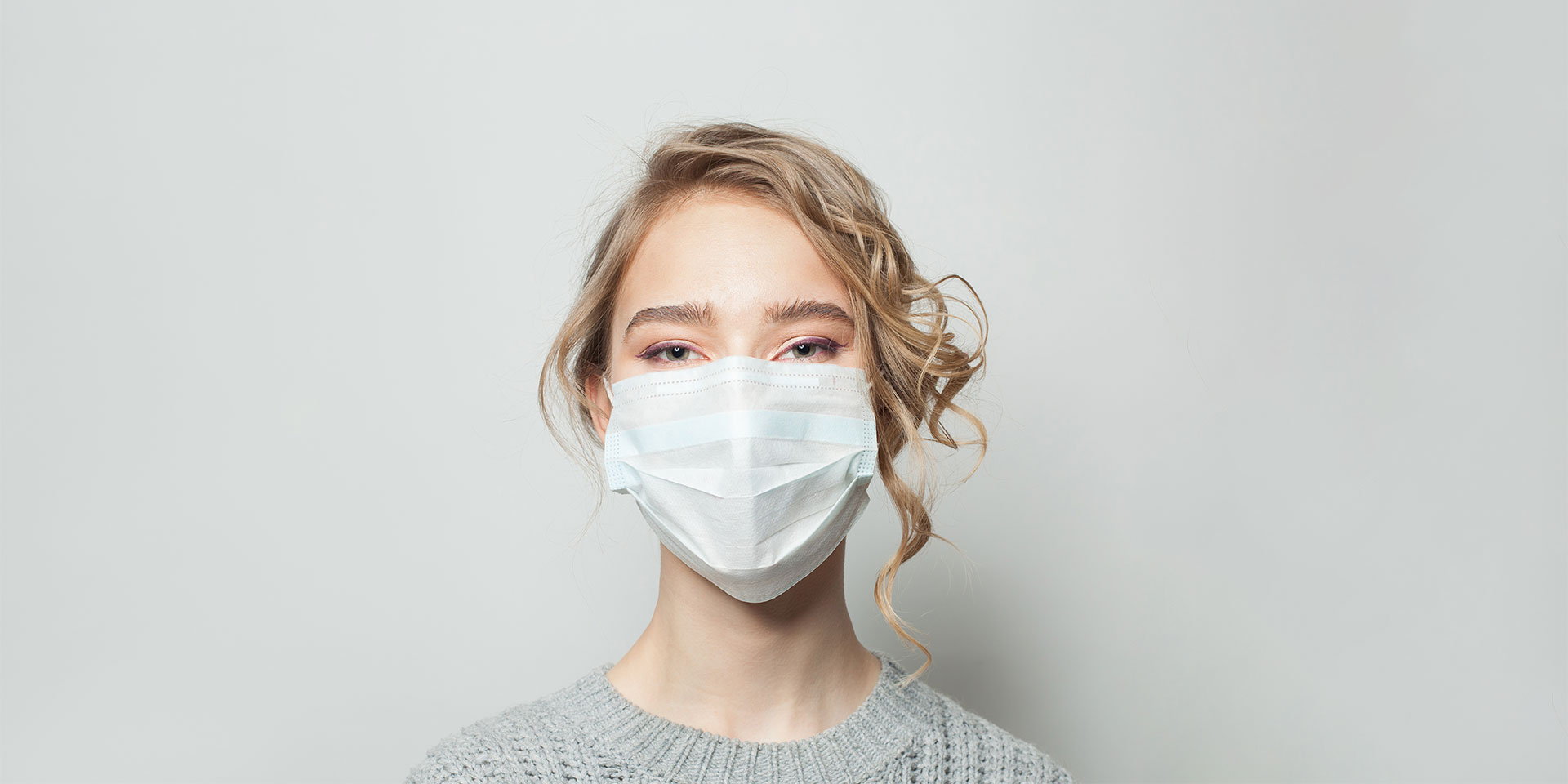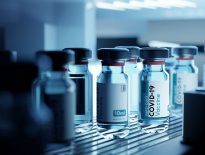How important is wearing a mask for preventing SARS-CoV-2 infection? We must say, at the outset, that wearing a mask remains important in preventing SARS-CoV-2 infection, especially because the “delta plus” variant has a high potential for contagion.
Today, contemporary human society, which has a series of diagnoses already formulated—insecurity, asymmetry, the relativizing of values, manipulation, indifference—faces a pandemic that aggravates existing social pathologies. Despite scientific progress, humanity is painfully fragile, vulnerable, and limited as a whole. However, the pandemic has reminded us of the value of courage, the definition of sacrifice and perseverance, and the importance of hope and faith for a better future when “there will be no more death or mourning or crying or pain, for the old order of things has passed away” (Revelation 21:4).
Initially, six different coronavirus strains were identified in humans. The first four were endemic (limited territory, mild forms of infection), the next two, SARS-CoV–1 (2003) and MERS-CoV (2012), were epidemic, with serious consequences. In 2019, a new coronavirus, SARS-CoV-2, was identified. The disease caused by it is called COVID-19 and, due to its global spread, in March 2020, the World Health Organization (WHO) declared the COVID-19 pandemic, recommending wearing a mask, strict hygiene, and social distancing.
Regardless of its still uncertain origins, the truth is that SARS-CoV-2 exists, it is extremely dangerous and to deny its existence and the protocols that provide protection, prevention, and treatment, is not proof of faith, but risk-taking behaviour.
SARS-CoV-2 infection is transmitted predominantly by inhalation of respiratory particles dispersed when the infected person coughs, sneezes, sings, speaks, or breathes. In this context, masks are a cheap tool, widely available, and extremely effective against infections. A recent study—in which laser beams highlighted hundreds of droplets with a diameter between 20 and 500 microns in the air during speech—showed that wearing a mask blocks their spread, thus playing a key role in stopping the transmission of the virus.
Proven efficacy of wearing a mask in preventing SARS-CoV-2 infection
When an infected person wears a mask, a large percentage of the load of infectious particles expelled when they cough or sneeze is stopped, reducing the viral spread at source. Thus, fewer viral particles float around in the room, and the masks worn by others block them. Masks protect the wearers even when those around them are not wearing one. In July 2020, at a hotel in Switzerland, it was found that several employees and a guest who tested positive for the coronavirus only wore face shields, while all those wearing masks did not become infected.
A large-scale study, which assessed mortality due to COVID-19 in 198 countries, concluded that both social norms and government policies that support mask-wearing in public and the limitation of international travel are, independently of other variables, associated with decreased mortality.
What is a mask good for and how do you make it even more effective?
The degree of protection depends on the quality of the mask and its correct use. To be effective, a mask must cover the nose and mouth, and the side edges must cover the face tightly. While an incorrectly worn standard surgical mask protects the wearer from approximately 7.5% of the particles generated by a simulated cough, knotting the ear loops then tucking in and flattening the extra material close to the face reduces exposure by almost 65%. Double-masking reduces exposure to simulated cough particles by 83%. A simple cotton mask offers 17-27% protection against infecting particles; a surgical mask, 47-50%; a loose N95 mask, 57-86%, and a snug one 79-90%.
Wearing a mask is one of the most important tools in the fight against COVID-19, especially since the latest variant of SARS-CoV-2, “delta plus” (AY. 4.2), has a greater transmission potential, higher than the previous variants.
The disastrous consequences of the pandemic are measured primarily in the loss of human life, which reminds us that we must live every day beautifully, with the thought of eternity, serving our neighbour and acting responsibly. Beyond all that is left for us to do, mankind’s only hope is this: “…mightier than the thunder of the great waters, mightier than the breakers of the sea—the Lord on high is mighty” (Psalm 93:4).
Dr Ana-Maria Zanfir is the director of the Health Department of the Seventh-day Adventist Church in Romania, a doctor of medicine, and primary doctor of vascular surgery at Cluj-Napoca County Emergency Clinical Hospital.

















